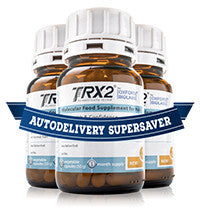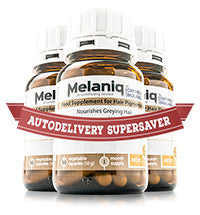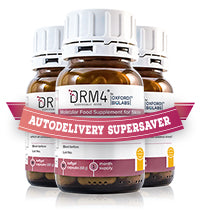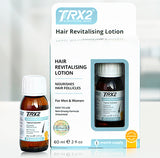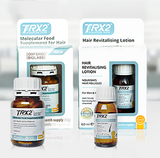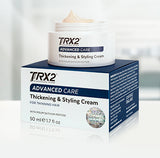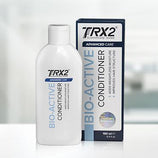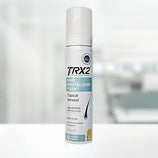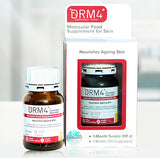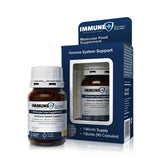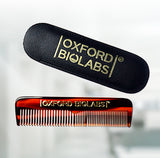Youthful Ageing
Oxford Biolabs’ mission to develop therapies promoting well-being extends into the field of youthful ageing. We are exploring natural, low-risk strategies to trigger a slowdown of ageing, and reverse age-associated cell damage. Our goal is to develop naturally-based therapies to help people stay fit longer, boost brainpower and energy levels in older age, and prevent dementia and other age-related occurrences.
Generally, we aim to produce nutraceutical or topical supplements that directly confront the causes of ageing and alleviate them. The challenge in front of Oxford Biolabs’ scientists is to create solutions that would not only place the symptomatic relief at their core, but also produce long-term, efficient results. The overall concept of youthful ageing in Oxford Biolabs’ vision neither embraces the need to create an anti-ageing elixir that will supposedly revive every cell in your body, nor excludes the paradigm shift. We address cellular damage from within, making worthwhile scientific attempts to find the solution that would transform further hours of advanced age into golden years.
Causes of Ageing
It has been previously researched that the extended lifespan of cells depends on the proper maintenance of mitochondrial function. Pieters et al. suggest that decreased mitochondrial function, impaired ATP production and increased reactive oxygen species (ROS) production are associated with ageing [1].
Additionally, all the changes, varying from molecular to morphological levels, are strongly associated with the brain. The human brain responds to biological ageing in size, vasculature, and cognition changes that ultimately point to the emergence of neurodegenerative diseases and cognitive decline [1].
Mitochondrial Dysfunction
Mitochondrial ageing is probably the most widespread and verified cause of ageing decline that manifests itself in decreased bone strength, hair loss, greying, discoloured brownish skin, etc. The accumulation of ROS-induced damage leads to the dysfunction of mitochondria and thus results in ageing [2].
The Concept of the Ageing Brain
Ageing brain is a typical natural phenomenon that drives the body’s physiological and psychological state into a debilitating condition. The matter is that an ageing metabolism is closely tied to brain changes that irreversibly lead to a progressive physiological and cognitive decline [3]. Dementia appears because of the changes in the cerebral microvasculature and the less effective communication between the cells. However, it is important to note that ageing is not a chronological process, it is individually-bound and can be slowed down by means of a healthy lifestyle, including the intake of antioxidants, a hormonally proper diet, and physical exercise.
Antioxidants in Ageing
Oxford Biolabs’ team of scientists is currently investigating the influence of different nutraceutical supplements that were proven effective in addressing ageing. It is not a myth that an optimum dose of a proven antioxidant, especially accompanied with a healthy diet and physical exercise may result in the desired slowing of ageing. In fact, Vitamin A, C, and E, selenium, glutathione, superoxide dismutase, Coenzyme Q10, Alpha Lipoic Acid, and Carnosine appear to be valid in eliminating oxidation, glycation, and methylation - three damaging processes accountable for the typical mechanism of biological ageing [4].
References
[1] Pieters, N., Janssen, B., Dewitte, H., Cox, B., Cuypers, A., Lefebvre, W., Smeets, K., Vanpoucke, C., Plusquin, M., & Nawrot, T. (2016) Biomolecular Markers within the Core Axis of Aging and Particulate Air Pollution Exposure in the Elderly: A Cross-Sectional Study. Env Health Persp 124 (7), 943-950.
[2] Chistiakov, D., Sobenin, I., Revin, V., Orekhov, A., & Bobryshev, Y. (2014) Mitochondrial aging and age-related dysfunction of mitochondria. Biomed Res Int 2014, p. 238463.
[3] Peters, R. (2006) Ageing and the Brain. Postgrad Med J 82 (964), 84–88.
[4] Arora, B.P. (2008) Anti-aging medicine. Indian J Plast Surg 41, S130-S133.
